Seasoning ribs properly is the foundation of delicious barbecue. This guide walks you through the exact steps to create a flavorful rib rub, apply it correctly, and achieve tender, juicy results. Whether you're a beginner or experienced griller, these proven techniques will elevate your ribs.
Step-by-Step Seasoning Process
Follow these precise steps to master rib seasoning:
- Remove the membrane: Peel off the silverskin from the bone side using a butter knife and paper towel for maximum spice penetration.
- Prepare your rub: Mix spices in precise ratios (see our standard ratios below) for balanced flavor.
- Apply evenly: Press the rub firmly into all surfaces, including between bones.
- Rest properly: Let ribs sit for at least 1 hour (or overnight) to allow flavors to absorb.
Essential Spices and Their Roles
| Spice | Flavor Profile | Standard Ratio | Best Application Technique |
|---|---|---|---|
| Paprika | Sweet, smoky, mild heat | 40% | Base for rubs; provides color and depth |
| Brown Sugar | Sweetness with caramelization | 25% | Creates bark; apply last before cooking |
| Garlic Powder | Pungent, savory | 15% | Mix with salt for even distribution |
| Cayenne Pepper | Spicy heat | 5% | Add gradually for controlled heat |
| Black Pepper | Peppery bite | 10% | Use freshly ground for maximum flavor |
| Salt | Enhances all flavors | 5% | Always include for balanced seasoning |
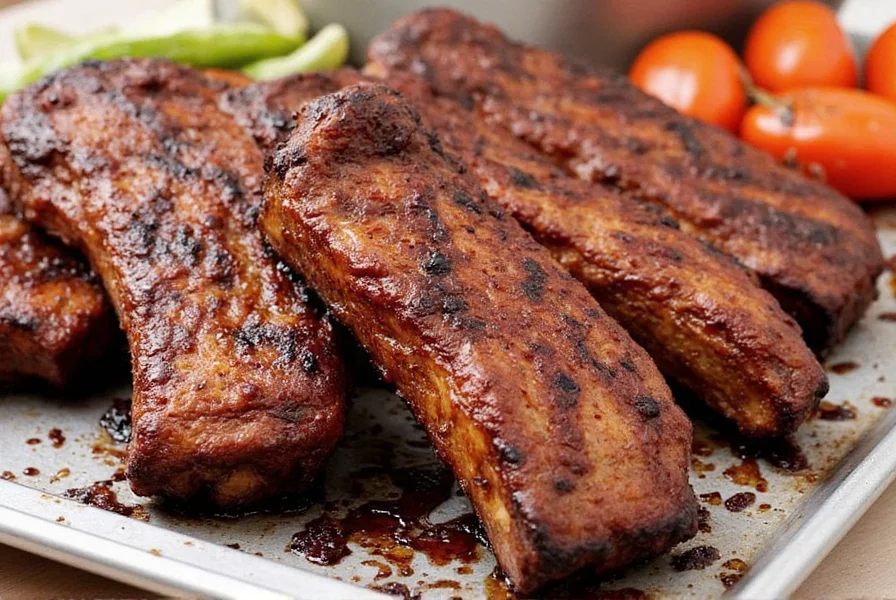
Creating Your Perfect Rib Rub
Here's how to make a balanced rub for 2 racks of ribs:
- 1/2 cup paprika
- 1/4 cup brown sugar
- 3 tablespoons garlic powder
- 1 tablespoon cayenne pepper
- 2 tablespoons black pepper
- 1 tablespoon salt
Pro Tip: Always measure spices by weight for precision. Use a digital scale for consistent results.
Common Mistakes to Avoid
- Overusing sugar: Too much brown sugar causes burning; keep it under 30% of your rub
- Skipping the resting time: Minimum 1 hour rest allows flavors to penetrate deeply
- Applying sauce too early: Wait until last 15-20 minutes of cooking to prevent burning
- Using pre-ground spices: Whole spices ground fresh provide 3x more flavor
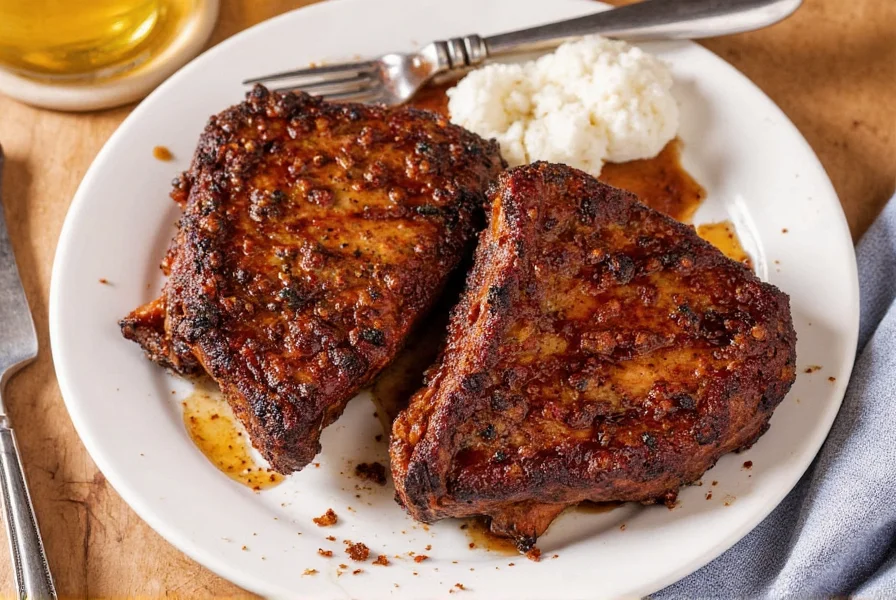
FAQ: Rib Seasoning Questions
How much rub should I use per rack of ribs?
Use 1-2 tablespoons of rub per pound of ribs. For standard baby back ribs (2-3 lbs), this means 2-6 tablespoons total. Always apply evenly with firm pressure to ensure full coverage.
Can I use pre-made spice blends for ribs?
Yes, but check the sugar content. Many commercial blends contain too much sugar (over 50%). For best results, mix your own using our standard ratios or modify commercial blends by adding more paprika and reducing sugar.
Why is my rub not sticking to the ribs?
Moisture is key! Lightly coat ribs with mustard or olive oil before applying rub. This creates a sticky surface that helps the spices adhere. Never apply rub to completely dry meat.
How long should I let ribs rest after seasoning?
Minimum 1 hour at room temperature, but overnight in the refrigerator yields the best results. The extended resting time allows salt to penetrate deeper and flavors to fully develop.
Recommended Tools for Perfect Seasoning
These essential tools ensure precise seasoning results:
Digital Kitchen Scale
Why it matters: Spice ratios are critical for balanced flavor. Measuring by weight (not volume) ensures consistency.
Top Recommendation: OXO Good Grips 11-Pound Scale with Pull-Out Display
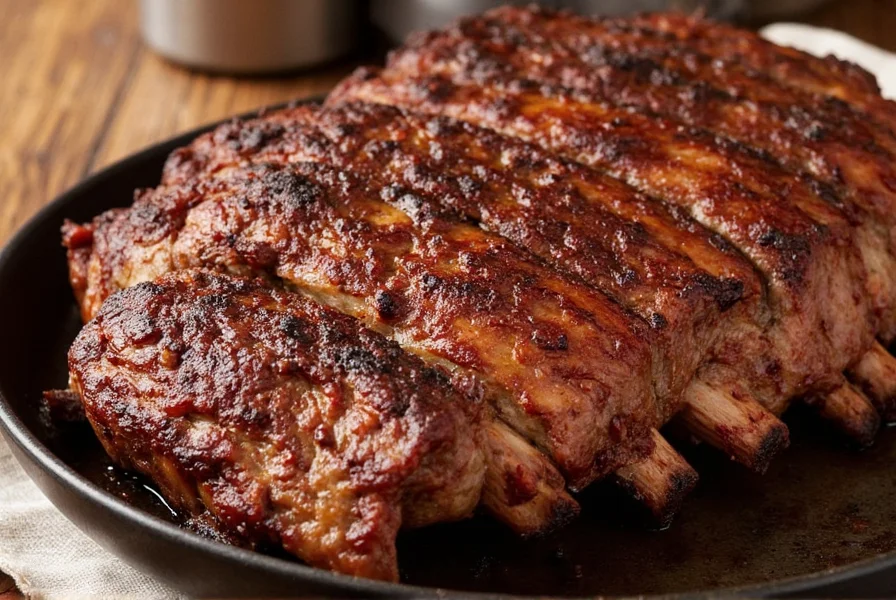
Spice Grinder
Why it matters: Freshly ground spices release 3x more flavor compounds than pre-ground.
Top Recommendation: KitchenAid 5-Cup Spice Grinder with Stainless Steel Blades
Conclusion
Mastering rib seasoning is all about precision and technique. By following these exact steps—removing the membrane, measuring spices by weight, applying evenly, and allowing proper resting time—you'll achieve restaurant-quality ribs every time. Remember: great seasoning starts with understanding your spices' roles and applying them with intention, not guesswork.
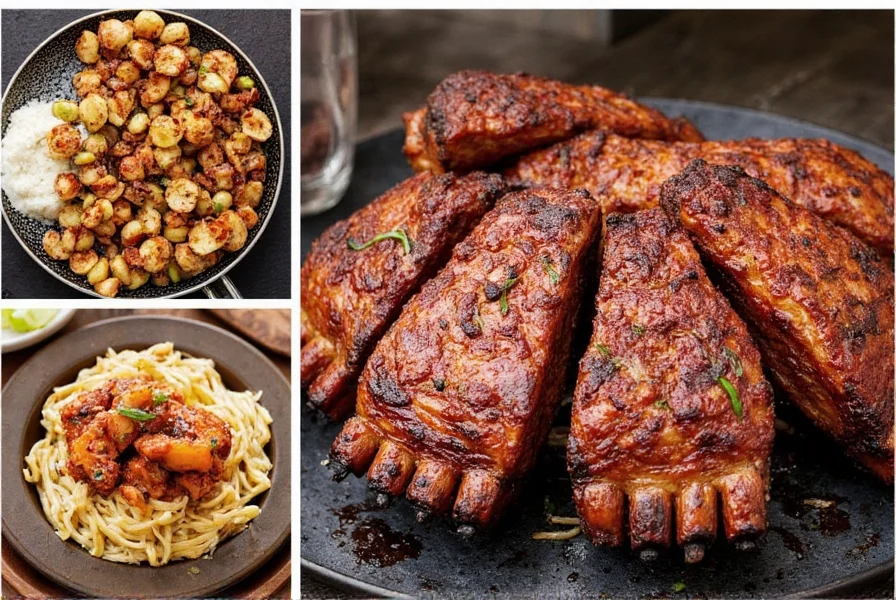

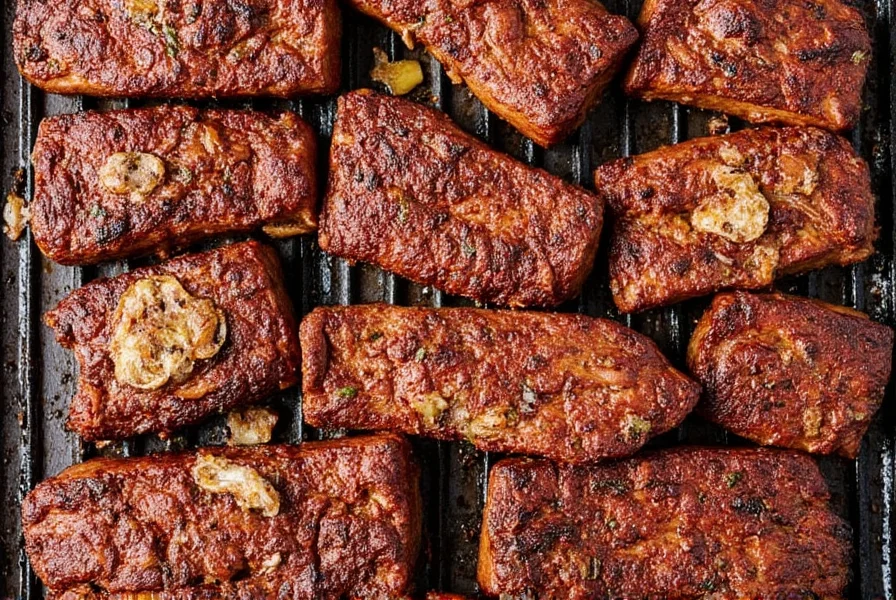









 浙公网安备
33010002000092号
浙公网安备
33010002000092号 浙B2-20120091-4
浙B2-20120091-4